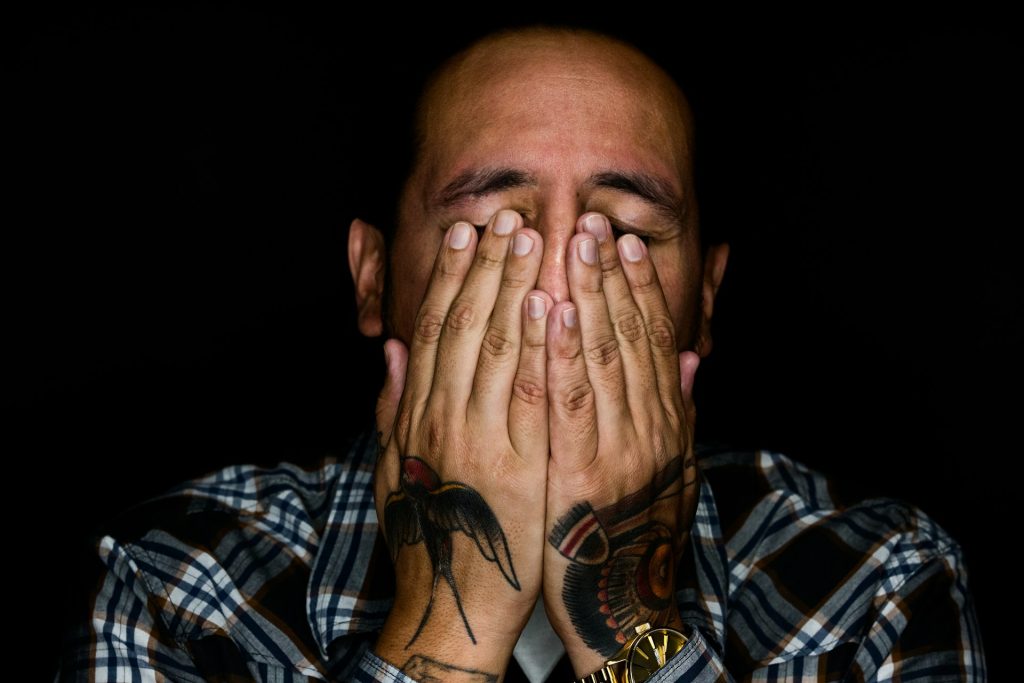Have you ever woken up and found yourself unable to move? Felt a terrifying weight on your chest? Welcome to the unsettling world of sleep paralysis. This mysterious condition can leave you feeling helpless, but understanding it can help you regain control. In this blog post, we’ll dive into what sleep paralysis is, what it feels like, who gets it, and how you can manage and prevent it. Buckle up for an eye-opening journey into the realm of disrupted sleep!

What Is Sleep Paralysis?
Sleep paralysis happens when your brain sends signals to relax the muscles in your arms and legs as you fall asleep or wake up. This muscle atonia prevents you from acting out your dreams. However, if you regain awareness before your muscles “wake up,” you find yourself unable to move—a phenomenon known as sleep paralysis.
What Does Sleep Paralysis Feel Like?
Imagine being wide awake but unable to move or speak. You can move your eyes and breathe, but your body is temporarily paralyzed. Many people experience hallucinations during these episodes, seeing or hearing things that aren’t there, which makes the experience even more frightening.
How Long Do Sleep Paralysis Episodes Last?
The good news is that sleep paralysis is temporary. Episodes usually last anywhere from a few seconds to a few minutes. While it might feel like an eternity, the paralysis will pass.
Who Gets Sleep Paralysis?
Sleep paralysis can happen to anyone, but certain factors make it more likely. It’s common among people who experience sleep deprivation or have irregular sleep schedules, such as college students or shift workers. Recurrent sleep paralysis is also a symptom of narcolepsy, a disorder characterized by unstable sleep-wake boundaries.

Symptoms and Causes
Why Does Sleep Paralysis Happen?
During REM (rapid eye movement) sleep, your brain prevents your limb muscles from moving to protect you from acting out your dreams. Sleep paralysis occurs when you regain awareness during this stage, but your muscles remain paralyzed. People with narcolepsy often experience this due to their unstable sleep patterns.
What Are the Specific Causes?
Several factors can trigger sleep paralysis, including:
- Narcolepsy
- Shift work
- Sleep deprivation
- Obstructive sleep apnea
What Are the Symptoms of Sleep Paralysis?
Typical symptoms include:
- Paralysis in your limbs
- Inability to speak
- Sense of suffocation
- Hallucinations
- Feelings of fear, panic, and helplessness
- Tightening around your throat
- Daytime sleepiness (a sign of narcolepsy)
Diagnosis and Tests
When Should I See a Healthcare Provider?
Even a single episode of sleep paralysis can be terrifying and leave you anxious about going to sleep. If it bothers you or if you feel excessively sleepy during the day, it’s worth discussing with your healthcare provider.
How Is Sleep Paralysis Diagnosed?
A healthcare provider will evaluate your symptoms, sleep patterns, medical history, and any mental health conditions. They may ask about:
- How often you experience sleep paralysis and what it feels like
- Your sleep schedule and daytime tiredness
- Medications and substance use
- Family history of sleep paralysis
Will I Need Tests to Confirm My Diagnosis?
If your healthcare provider suspects a sleep disorder, they might recommend:
- Overnight sleep study (polysomnogram): This test monitors your breathing, heartbeat, and brain activity while you sleep.
- Multiple sleep latency test (MSLT): This measures how quickly you fall asleep and the type of sleep you experience during naps, helping diagnose narcolepsy.
Management and Treatment
How Can I Stop Sleep Paralysis?
While there’s no surefire way to stop an episode, many people find that focusing on small body movements, like wiggling a finger, can help them recover more quickly. Your healthcare provider can also suggest treatments to reduce the risk of future episodes, such as:
- Consolidating your sleep
- Preventing sleep deprivation
- Avoiding alcohol and recreational drugs
Prevention
How Can I Prevent Future Episodes of Sleep Paralysis?
Improving your sleep quality is key to reducing the risk of sleep paralysis. Here are some tips:
- Maintain a regular sleep schedule: Go to bed and wake up at the same times every day.
- Create a comfortable sleep environment: Ensure your bedroom is dark and quiet.
- Limit screen time before bed: Put away phones, tablets, and computers at least an hour before sleeping.
- Relax before bedtime: Take a bath, read a book, or listen to soothing music.
How Can I Take Care of Myself After a Sleep Paralysis Episode?
Feeling tired, emotional, or scared after an episode is natural. Be kind to yourself by getting extra rest if needed. Talking to a loved one can provide comfort. If you have ongoing concerns, don’t hesitate to see your healthcare provider.

Understanding sleep paralysis can help you manage this unsettling experience. By improving your sleep habits and seeking professional advice when needed, you can reduce the frequency of episodes and enjoy more restful nights. Sweet dreams!





